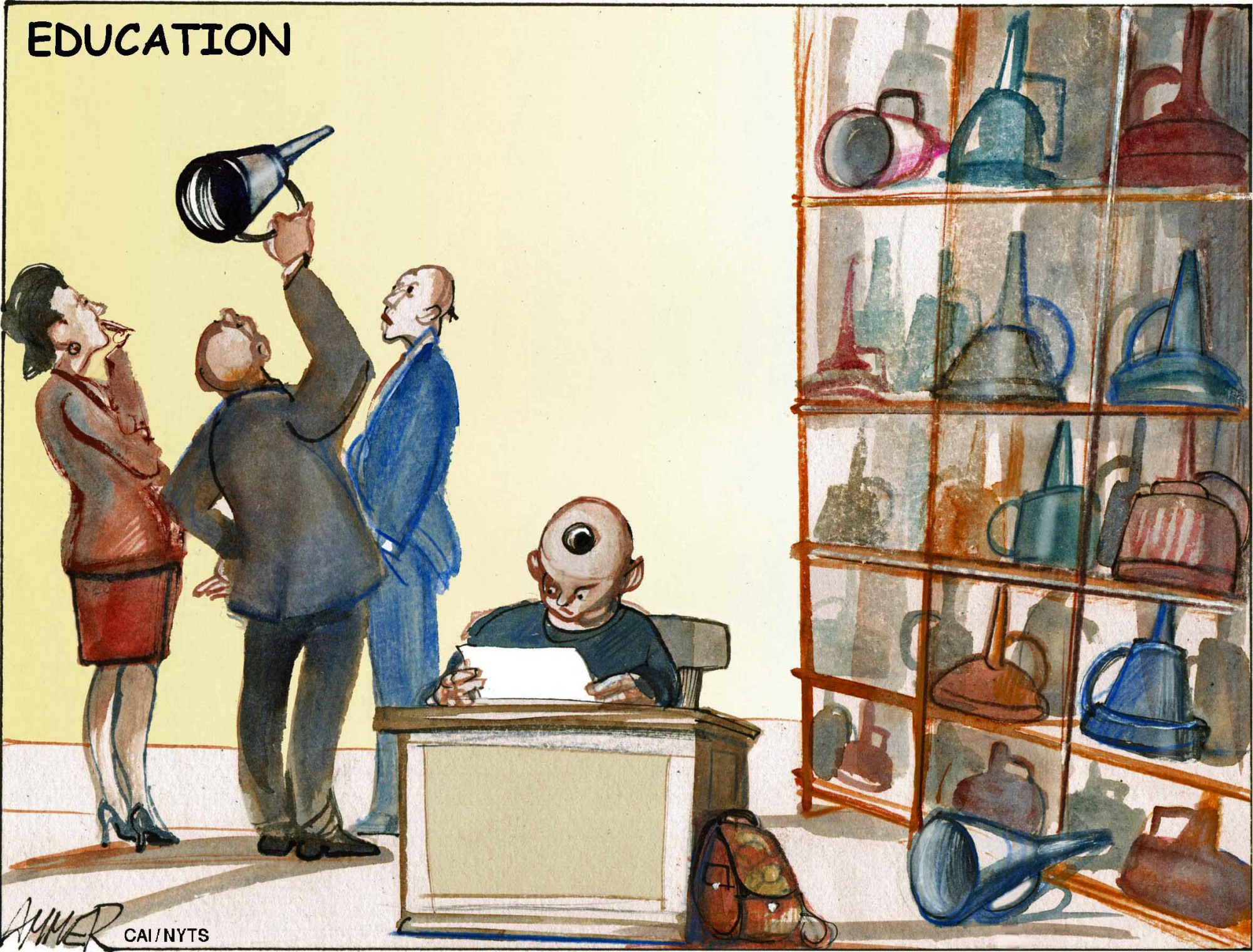Prime Minister Shinzo Abe's Liberal Democratic Party, after its landslide victory in the October general election, is moving to make good on its campaign promise. The Abe administration has adopted a policy package that seeks to provide preschool education for children age 3 to 5 free of charge and public support for higher education for students from low-income families — using part of added revenue from the consumption tax hike planned for 2019. The rhetoric heard on the LDP's campaign trail focused on investment in Japan's future generations, calling for a more balanced budget allocation for the younger population.
Studies have shown that equitable education plays a crucial role for sustainable prosperity in an economy. Prioritizing education for Japan's youth will, without a doubt, help the nation address the demographic challenges it faces. After all, the viability of Japan's aging society depends on how well the country can equip younger individuals of all backgrounds with the skills to obtain decent jobs and become more productive and innovative. The emphasis that Japanese politicians place on equal access to education is sensible and admirable for these reasons.
In fact, Japan has already created one of the most egalitarian societies in the world, providing its rich and poor students equal educational opportunities. According to the OECD, approximately 9 percent of a student's overall academic performance is attributed to that student's social and economic background. This compares with the OECD average of 14 percent and 17 percent in the United States.

















With your current subscription plan you can comment on stories. However, before writing your first comment, please create a display name in the Profile section of your subscriber account page.